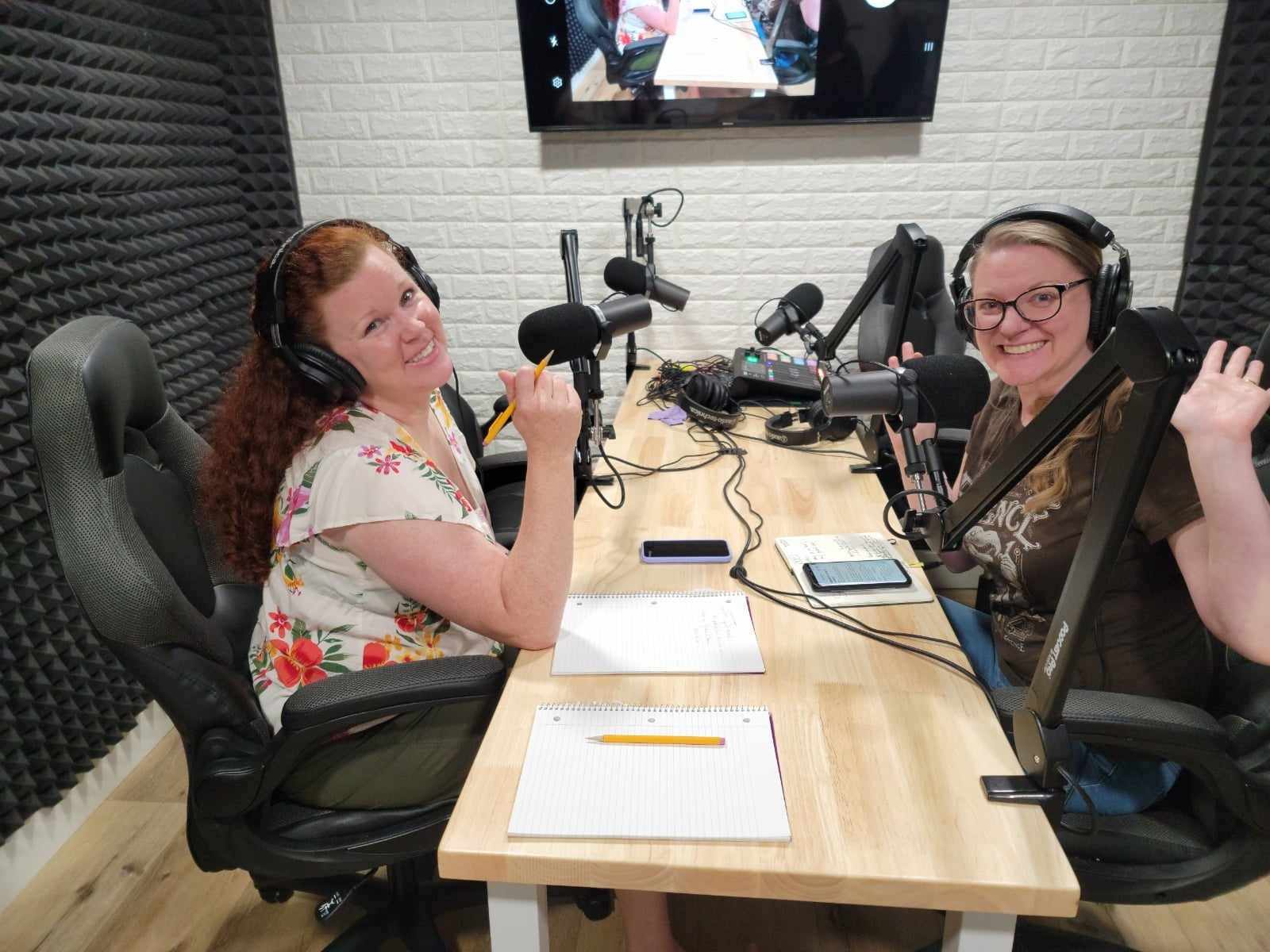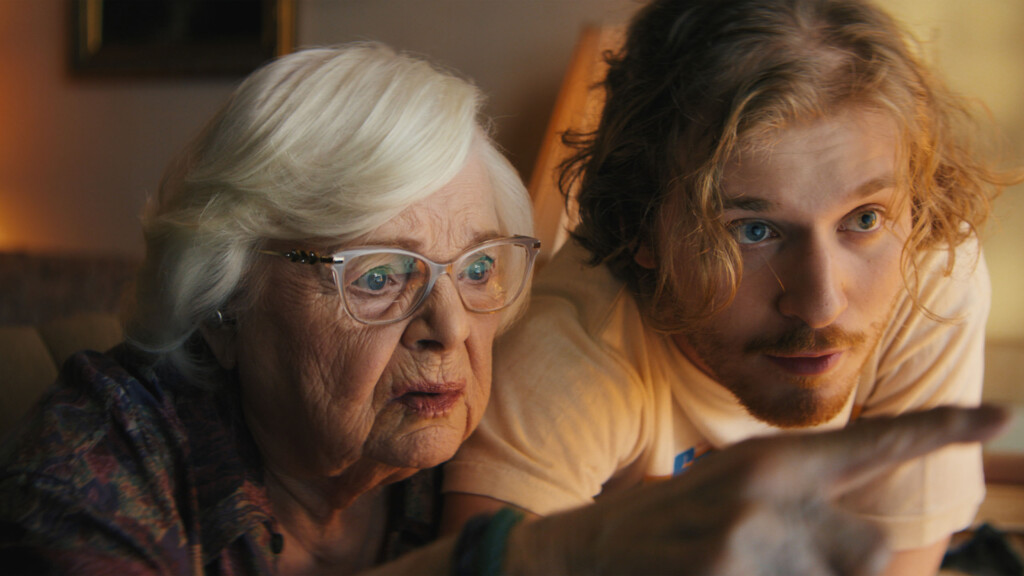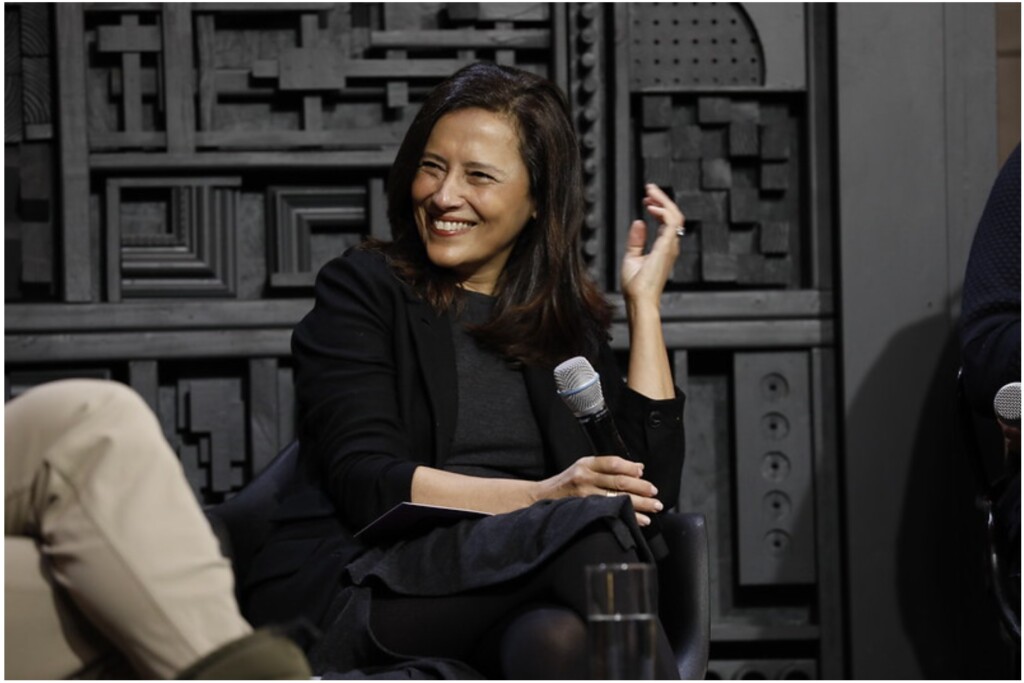While many iconic Hollywood films have been made in Utah, from classic westerns of yesteryear such as Butch Cassidy and the Sundance Kid, to modern-day horror movies like Hereditary, if a young filmmaker wanted to break into the industry, it often meant packing their bags and relocating to Los Angeles.
It’s true that Utah’s film economy hasn’t fully capitalized on its potential, but many Utah natives are now finding their home state to be much more accessible and resourceful for capturing their stories on film. The varied landscapes and seasons are perennially photogenic, and the state boasts immense talent reservoirs from cast to crew.
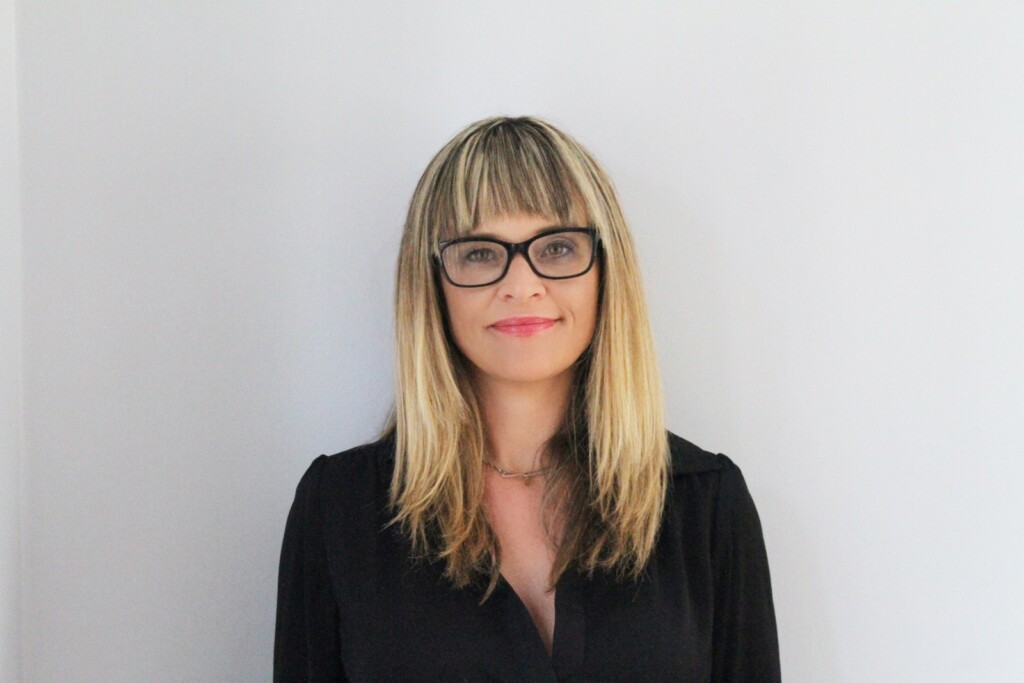
Local writer and director Skye Emerson has her own unique take on Utah. Growing up gay and Catholic in a predominantly LDS culture has provided her with a fresh perspective.
“I was born and raised in Salt Lake City, Utah. After graduating from West High School (go Panthers!), I received my undergraduate degree from the University of Utah,” she explains.
After working a series of corporate positions, like many aspiring creatives, she moved to California in 2016 to pursue her MFA in Screenwriting at UCLA. While there, she discovered that the stories she felt most passionate to tell stemmed from her love of Utah. Ultimately, she decided her creative pursuits would be best served if she surrounded herself with the landscape that inspired her.
“I am committed to crafting narratives reflective of this unique and extraordinary place that shaped my own journey,” Emerson says. “ I knew that I wanted to return home — to tell stories about Utah, in Utah.” She drove home and was soon accepted into the Sundance Screenwriters Intensive.
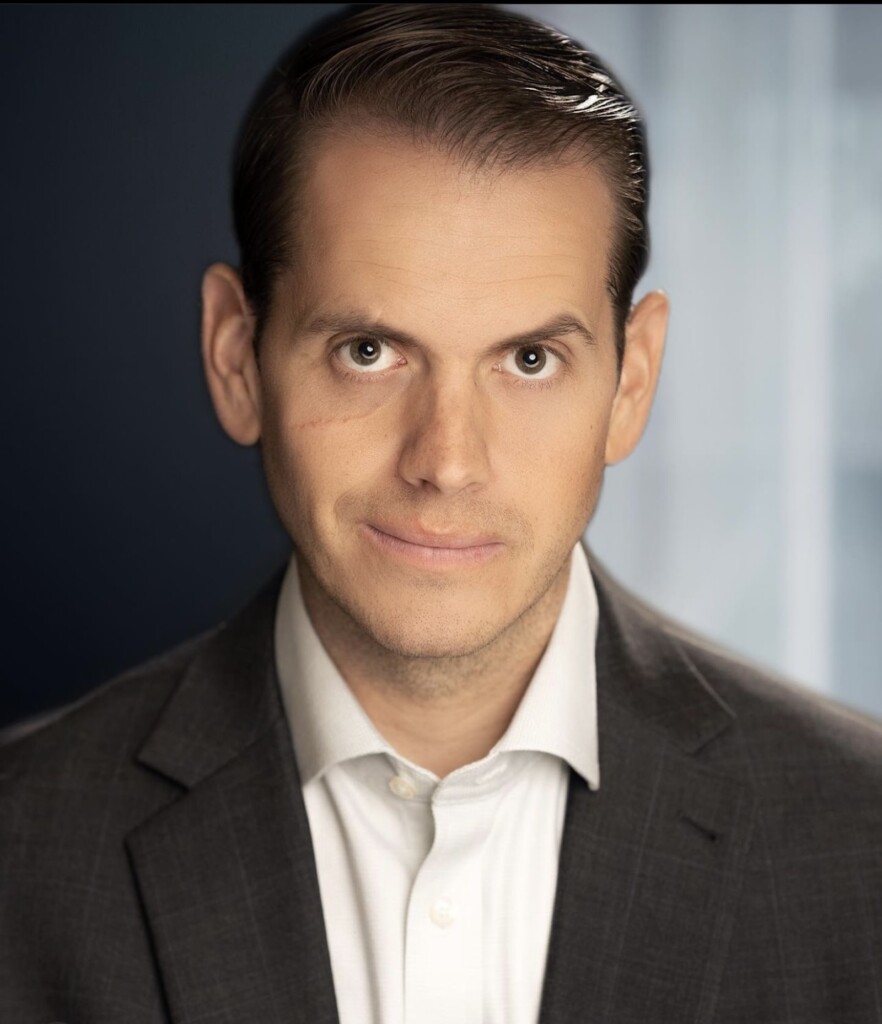
Like Emerson, actor Paul Cartwright boasts an impressive portfolio of work. Cartwright was born and raised in Utah. Although he now lives full-time in Los Angeles, where he works as a successful on-camera and voice-over actor, he wanted to try something new. His comedy feature film, Royal Façade, which he wrote and directed, was recently shot here in Utah.
“I was fortunate to partner with an amazing production team with [Utah-based] Pepperjack Pictures, who I had worked with creatively on a few other projects,” he says. “We shot several short films before deciding no one is ever truly ready to make a feature film until you do it — so we just did it.”
Filming for Royal Façade wrapped in June of this year, and Cartwright maintains that the benefits of shooting in Utah far outweighed the challenges, insisting that professionals in Utah are just as talented as anyone he’s worked with in Los Angeles or around the world.
Emerson also believes Utah to be a “true haven for filmmakers” and provides a remarkably film-friendly environment.”
After filming her first feature as a screenwriter and producer in LA last year, she plans to shoot her next short film, Little Genes, co-directed by Amy Redford, locally. Shot entirely outdoors and taking full advantage of the Uinta Mountain backdrop, the story highlights the controversial intersection between religion and queer identities, but Emerson isn’t a storyteller who seeks to underscore alienation, but rather, reveals universal similarities.
She continues, “Strongly-held beliefs and relationships are soon tested, but amidst the chaos and confusion that characterizes their dynamic, love permeates in this flawed yet endearing family.”
Both filmmakers agree that the challenges of filming in Utah are the same as in most other cities. The Utah Film Center’s Mariah Mellus echoes these sentiments. “It comes down to resources. It takes money to make a film and to hire a good crew, but it’s an investment in people, an investment that has proven to raise communities.”
To supplement production costs, both Emerson and Cartwright utilized online crowdfunding campaigns.
However, it takes more than financing to get a project off the ground. Every successful film project, whether a short or a feature, involves finding the right people to support your vision. Emerson recognizes that she wouldn’t be able to develop her project without a passionate support network, most of whom she met through her involvement in the local film scene.
“Utah boasts an extraordinary film community and a treasure trove of film-related resources, from SpyHop and the Utah Film Commission to Utah Film Center and Sundance, who are committed to amplifying creative voices and supporting you along your filmmaking journey. Embrace these local resources and seize every chance to network and collaborate with your fellow filmmakers here in Utah. We’re all in this together.”
For any aspiring filmmaker, Mellus recommends they start with the Utah Film Commission, boasting its helpful resource directory. She also invites locals to check out the Utah Film Center, as its ultimate mission is to connect local films with audiences.
Looking ahead to other projects, Cartwright maintains the axiom, “Anyone can make a movie with the right creative tendencies and resources.” Emerson’s Little Genes will film this fall near Utah Valley.



